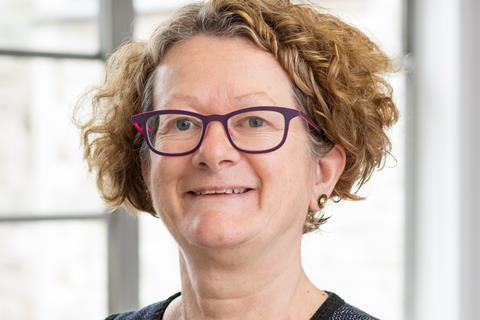A high profile London firm has advertised specifically for black apprentices to address what it believes is an imbalance in its workforce.
Leigh Day says it is looking for six students of Afro-Caribbean or African heritage to begin the five-and-a-half-year programme in 2020.
Applicants must have completed A-levels in London, to a good grade level, and must want to train as solicitors without taking the university route.
Managing partner Frances Swaine said the firm decided earlier this year it would take positive action to tackle the particular issue of a disproportion of black lawyers.
'Looking at the group of qualified staff we have many fewer Afro-Caribbean and African qualified staff than we ought to have for our geographical area,' she said. 'We made a decision with our BAME committee that one of our aims was to increase the number of Afro-Caribbean and African staff.

'Because we are all in agreement the demographic is not what we would want it to be then we want to do something positive.'
Swaine said the firm has not had a sufficient number of Afro-Caribbean or African heritage graduates applying to become trainees. By casting the net wider, and taking on people out of sixth form, it is hoped more potential solicitors will be encouraged to come forward. Existing staff have also been given unconscious bias training to ensure the recruitment and retention policies encourage staff from all backgrounds.
The initiative has drawn some criticism online, but the firm has consulted with employment specialists to ensure that advertising specifically for black applicants is lawful.
The Equality Act 2010 introduced positive action provisions, under which it is not unlawful discrimination to take special measures aimed at alleviating disadvantage or under-representation experienced by those with protected characteristics such as age or race.
Positive action in recruitment and promotion can be used where an employer reasonably thinks that certain groups of people are under-represented.





























70 Readers' comments